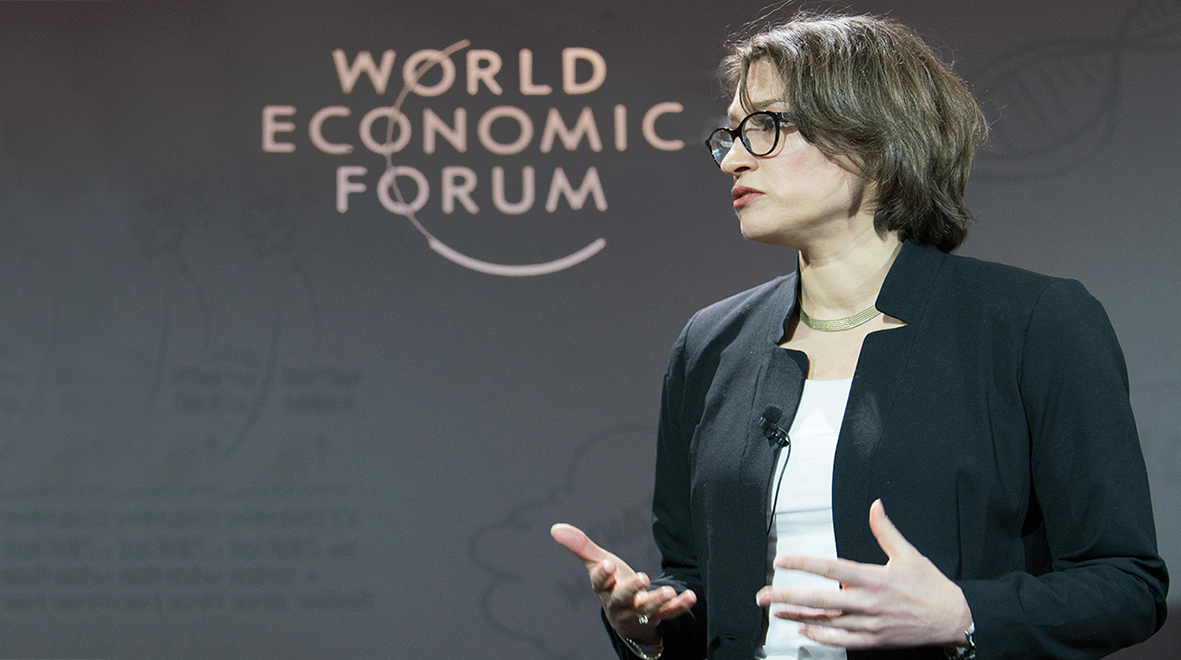
Dr Katharina Hauck, a Health Economist, explains how economics can help to implement universal health coverage in the real world.
Millions of people still have no access at all to health care. Millions more are forced to choose between health care and other daily expenses such as food, clothing and even a home. Globally, over 800 million people incur catastrophic out-of-pocket spending every year, with health care costs consuming at least 10% of their household budgets.
Therefore, this year’s World Health Day focuses on universal health coverage (UHC). The World Health Organization defines UHC as “ensuring that all people can use the promotive, preventive, curative, rehabilitative and palliative health services they need, of sufficient quality to be effective, while also ensuring that the use of these services does not expose the user to financial hardship.” Many countries have declared their commitment to UHC. But after the political declarations are made, policymakers are left to grapple with a central issue: what services should be made available? (more…)
